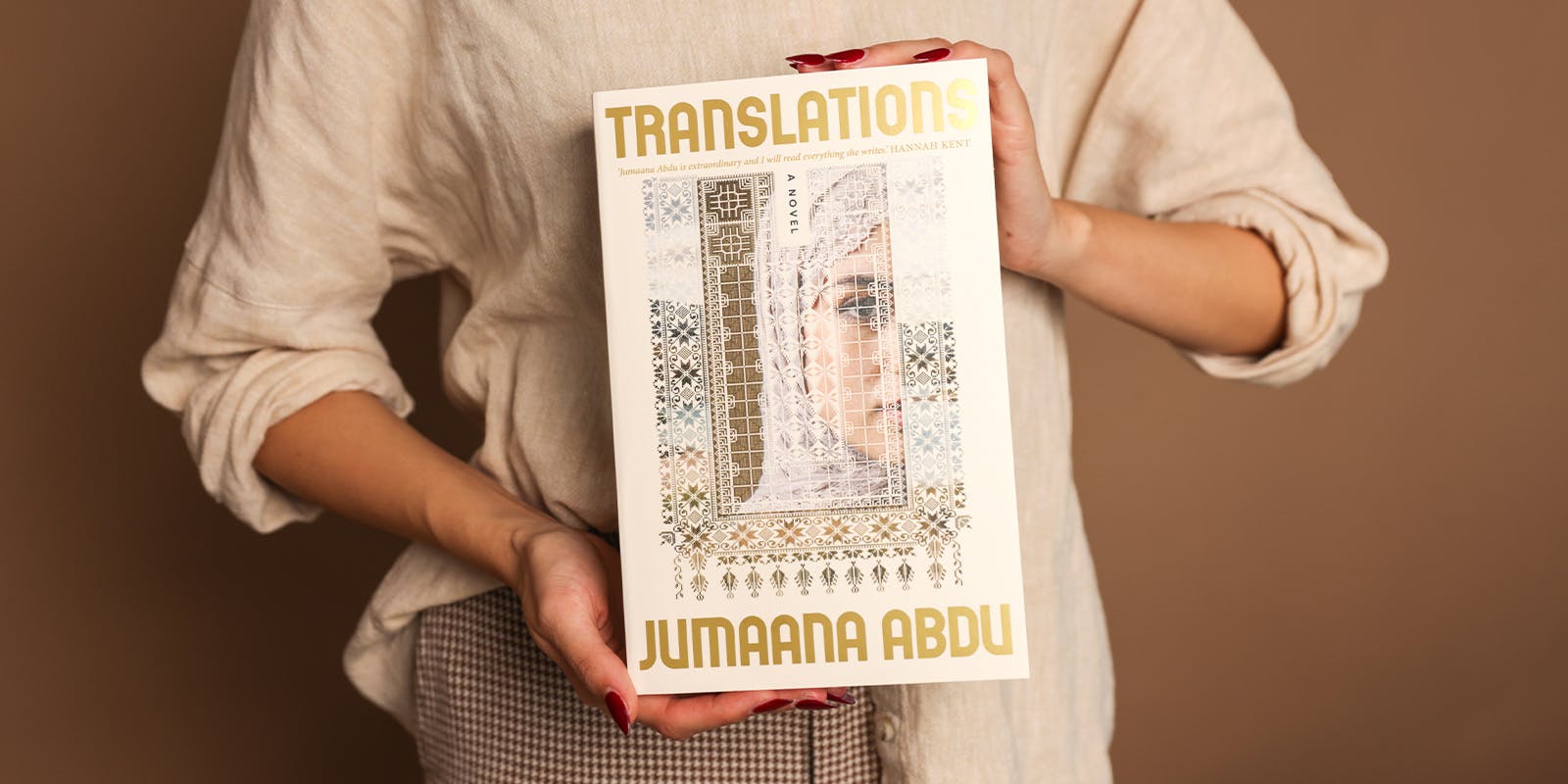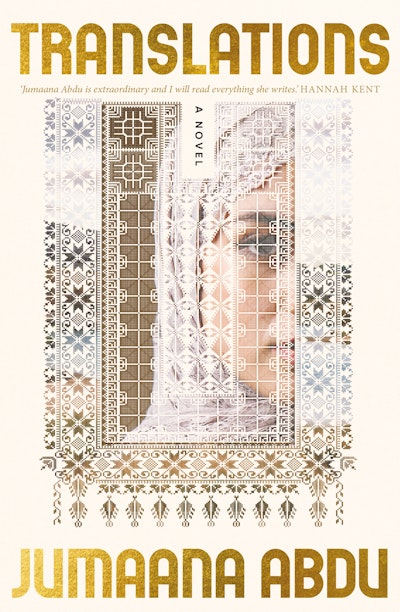A deeply moving novel to read with your book club.
In Translations, Aliyah and her daughter, Sakina, seek refuge from their tumultuous past by moving to rural New South Wales, where Aliyah secures a dilapidated property and hires Shep, a reserved Palestinian man who also serves as the local imām.
Their new life becomes increasingly complex when Aliyah reconnects with Hana, a childhood friend living in dire circumstances. As Aliyah takes Hana in, the dynamics between the three adults become strained, especially as Aliyah's bond with Shep deepens, challenging her loyalty to Hana. The story reaches a climax as bushfires encircle them, bringing together Aliyah, Hana, Shep, Hana's brother Hashim and Aliyah's confidante Billie, a Kamilaroi midwife, for a moment of reckoning.
With beautiful prose and unforgettable characters, this debut is a must-read for your next book club.
Discussion points and questions
- In your reading, what are the dominant themes in Translations?
- Did you empathise with Aliyah’s commitment to independence? What do you think was the main reason for her initial determination to ‘Need only yourself – through God’?
- Translations explores the intensity and complexity of friendship and the fact that ‘there [is] no rubric for adult women navigating their place in one another’s lives in the face of children and convention and men’. Have you experienced or encountered other literary accounts of a friendship like Hana and Aliyah’s?
- The novel describes how Hana and Shep are ‘so unalike and yet, seeded within Aliyah, they were also seeded within one another’. In what ways do Hana and Shep differ from and mirror each other? What qualities, thoughts and emotions do they each bring out in Aliyah?
- There are parallels between the childhood and present-day sections of the book. Does the adult relationship between Aliyah and Hana echo their relationship as children and teenagers? How has it changed?
- Translations reflects on the importance of, and the extent of, our obligations to family and community and how these values are culturally informed. How do questions of independence versus community play out in Aliyah’s relationship with Billie?
- The house at Shepherd’s Mill could almost be considered a character in the novel. Discuss.
- Do you believe Shep deliberately withheld his relationship with Shepherd’s Mill? Could Aliyah have employed him if she had known?
- How did you receive the theology woven throughout the novel? Were you familiar with many of the stories and references shared?
- Translations was partly inspired by Victorian Gothic novels such as Charlotte Brontë’s Jane Eyre. Could you see these influences in the text?
- The novel traces cycles of violence, inheritance and dispossession. What does it suggest about the ways in which these cycles are perpetuated and the ways they might be broken?
- What examples does Translations offer of Palestinian and First Nations solidarity?
- Do you agree that, as Salwa says, ‘We are always translating and so we are always omitting . . . no one can say what they mean’? What does the novel convey about the value and the drawbacks of translating both language and our inner lives?
- In many ways, Aliyah and Shep’s relationship, which largely develops through silences, inverts conventional romance narratives. Discuss.
- How is the relationship between land and identity forged throughout the novel? In which sections is this most apparent?
- Hana repeatedly resists and eludes categorisation in Translations. How does Hana reflect the book’s broader views on borders, identity and self-presentation?
- What have we learnt about connection and community by the end of the novel?
Want more? Read a Q&A with the author.













